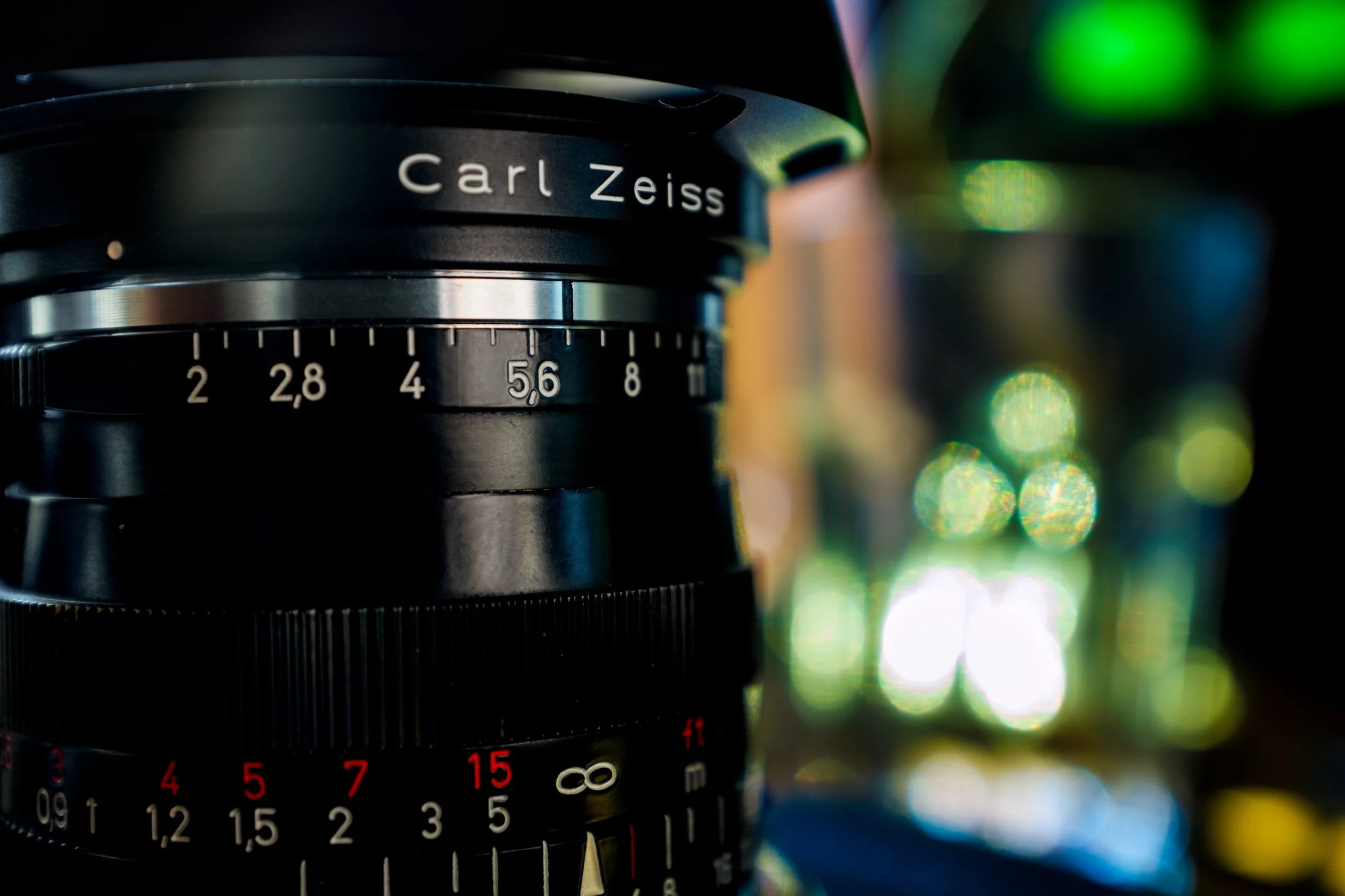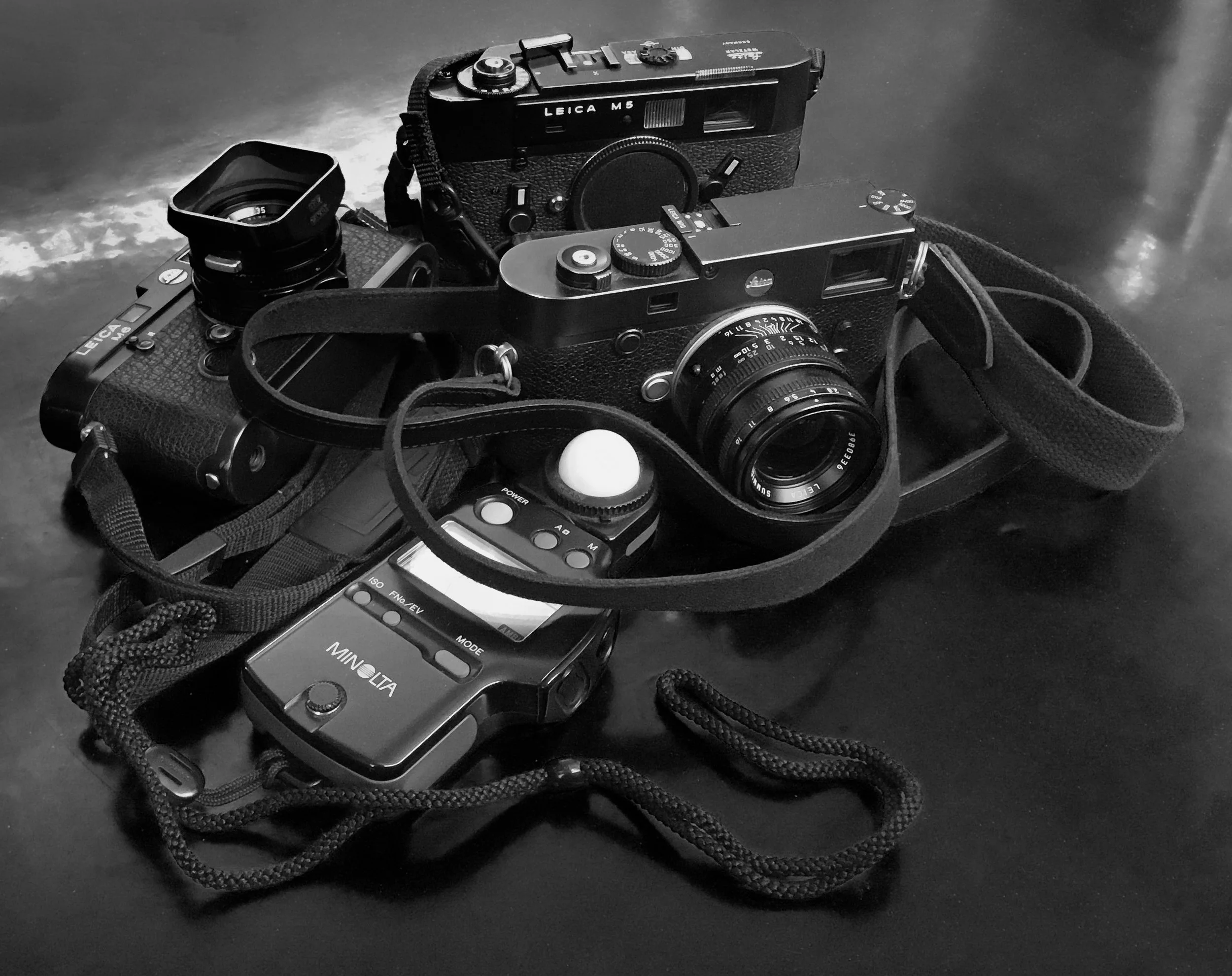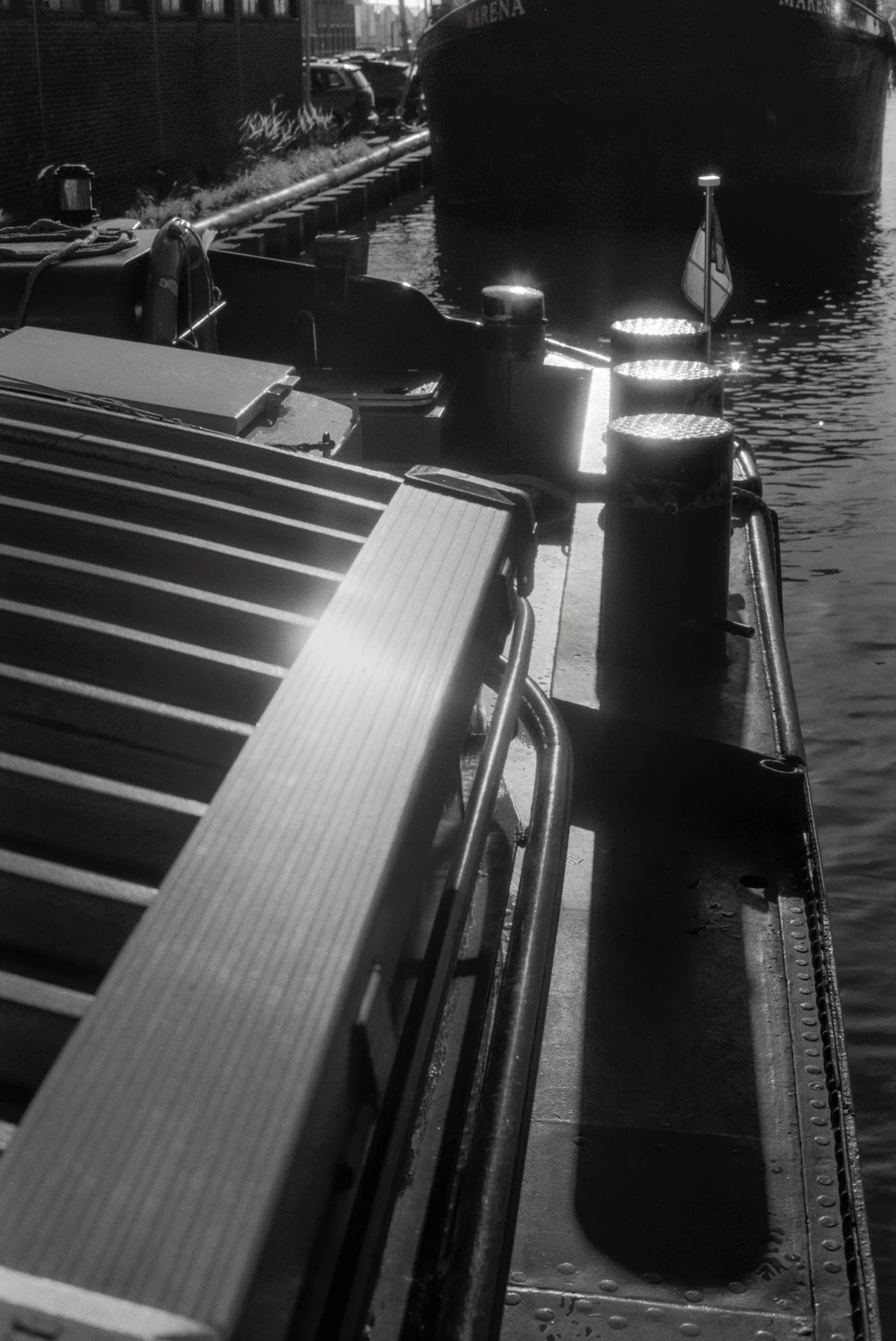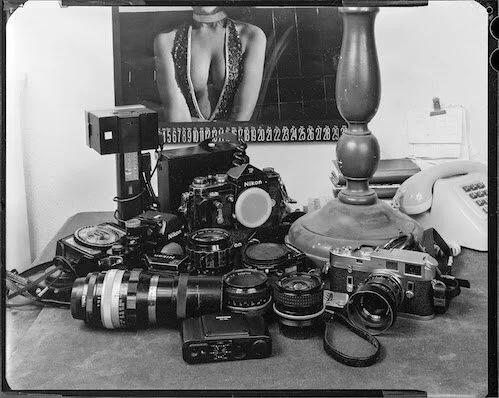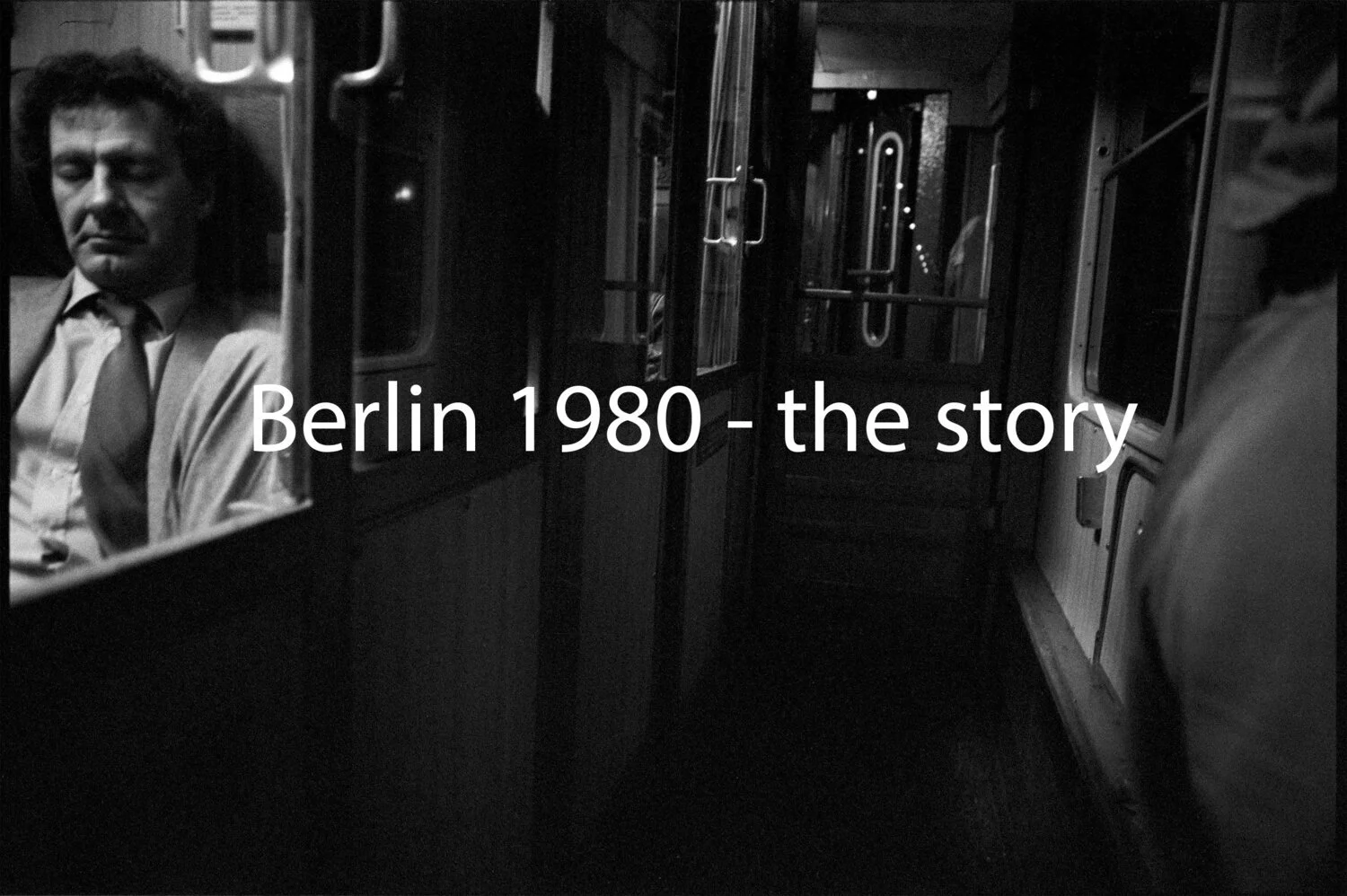When discussing photography people often concentrate on cameras. ‘What camera did you use for that photograph’ or, my favorite, ‘That is a beautiful picture, you must be using an expensive camera’.
That’s not a big problem but we tend to forget that a camera is not much more than a light tight box whit a hole in it. The actual subject is transferred to your film or sensor by a lens…
Read More
